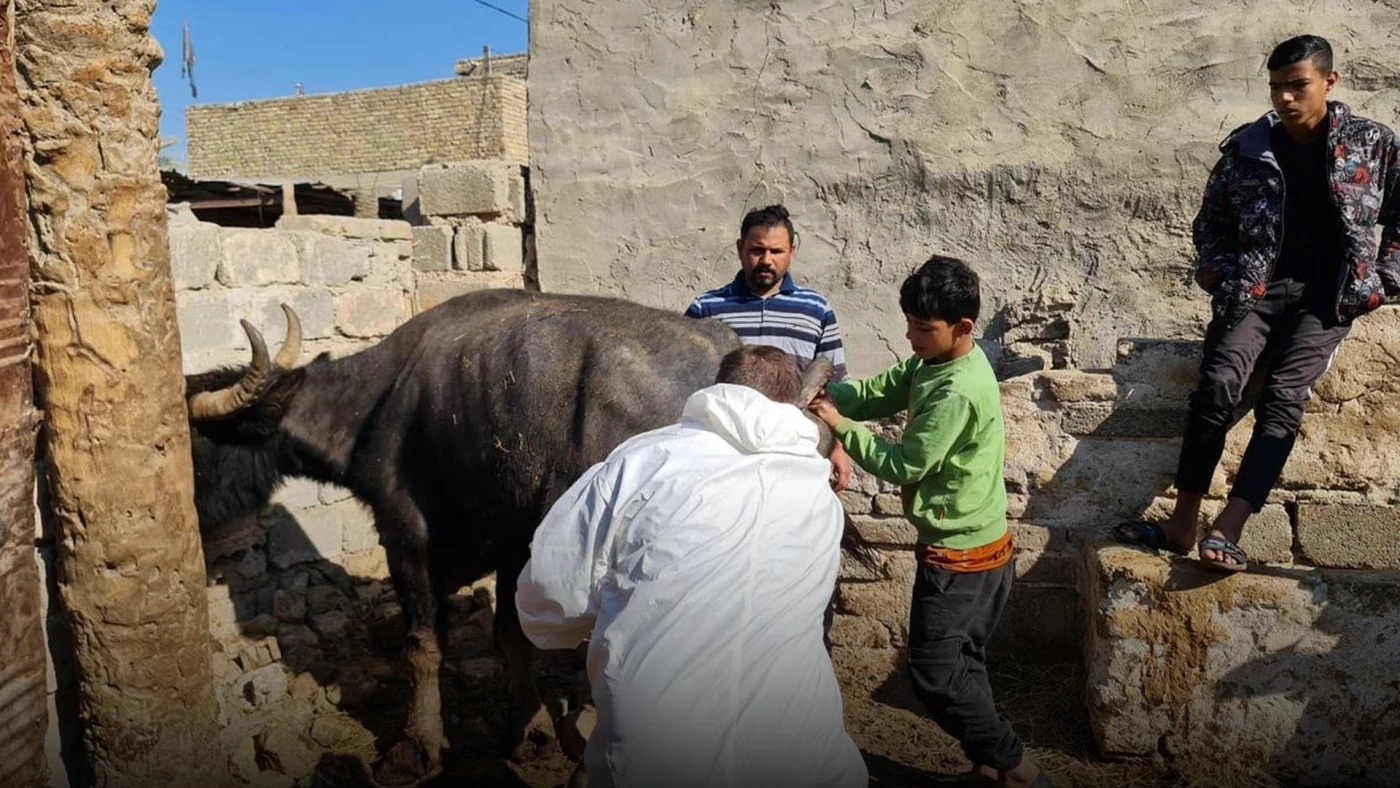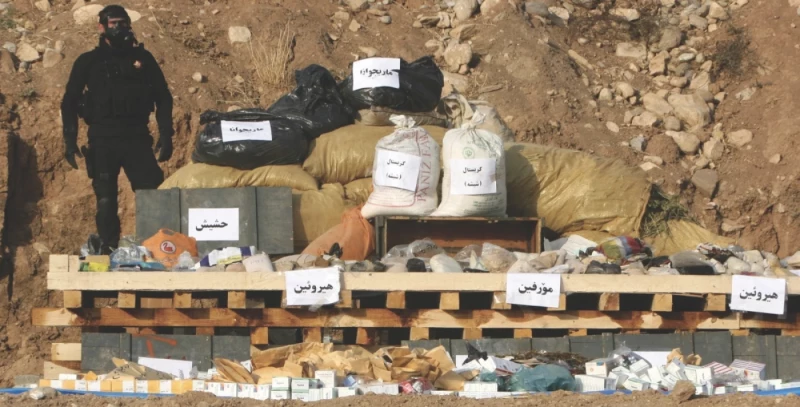ERBIL, Kurdistan Region of Iraq - The Kurdistan Region has banned livestock imports from central and southern Iraq as a precautionary measure to prevent the spread of foot-and-mouth disease, and agriculture official from the Region said Wednesday.
Firas Sadiq, director of the livestock department at the Kurdistan Regional Government’s (KRG) Ministry of Agriculture and Water Resources, said strict protocols are in place to ensure animal health and safety in the region.
“The Kurdistan Region prohibits the importation of animals from any location where a disease is detected, even if it is just a single case,” Sadiq told The New Region.
“Even if a country is deemed safe, strict measures must still be followed. The animals must have a health certificate, and the breeder must have a designated location for raising them,” he added.
Animals undergo a mandatory 21 day quarantine before importation, during which they must obtain certification proving they have been quarantined.
“The Ministry of Agriculture in Erbil has decided to ban the transportation and importation of livestock from central and southern Iraq to prevent the transmission of foot and mouth disease,” he said.
Upon arrival at the Ibrahim Khalil border crossing, they are quarantined for an additional three days before being transported to slaughterhouses, Sadiq added.
A new quarantine facility has also been established at the Haji Omaran border crossing.
Sadiq warned that foot-and-mouth disease spreads rapidly among livestock and poses a significant risk, particularly to young animals, which have higher mortality rates than older ones.
The disease has rapidly spread in several Iraqi provinces over the past two weeks, with Iraqi Minister of Agriculture Abbas al-Maliki on Wednesday saying that 3000 cases have been recorded in the country in said time.


 Facebook
Facebook
 LinkedIn
LinkedIn
 Telegram
Telegram
 X
X



